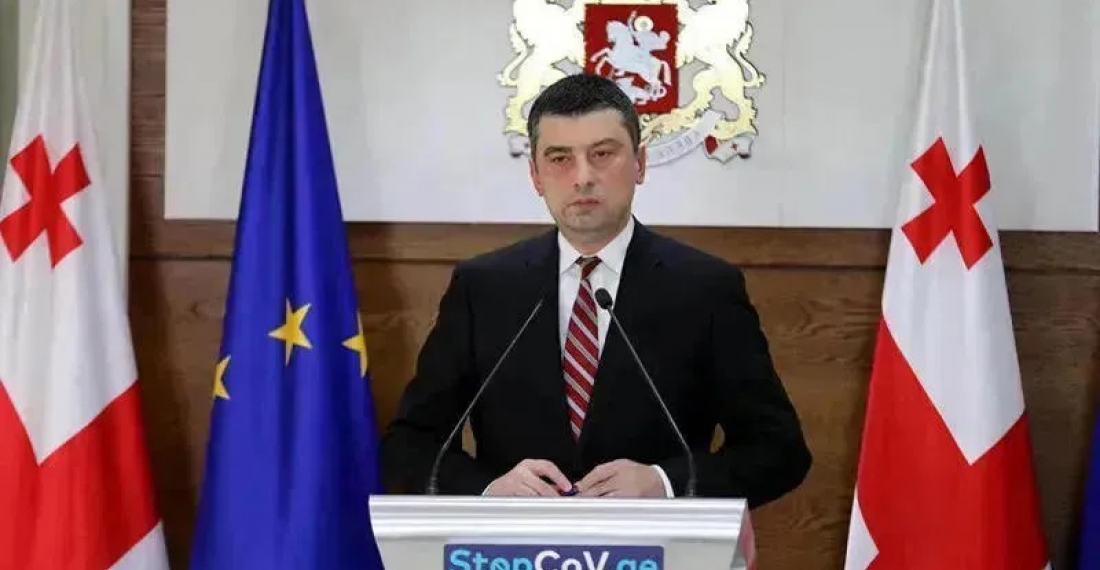The Georgian prime minister, Giorgi Gakharia, has resigned. In a statement the prime minister said that he had not been able to reach agreement with his political team in the Georgian Dream party about steps to be taken in the case of Nika Melia, the Chairman of the opposition United National Movement who had been ordered by a court to be arrested for failing to pay bail money.
“Unfortunately, I could not reach a common understanding on this matter with my team and decided to resign. I want to hope, that this step would contribute to reduced polarisation in our political space, since I believe that polarization and confrontation pose the greatest risks to our country’s future and economic development,” Gakharia stated. According to Gakharia:
"Nika Melia is a person who has never respected the law and this is a person who called on our citizens to storm the parliament on June 20. He was one of the organisers of the invasion of Parliament, but in spite of everything, my absolutely unshakable position is that the enforcement of a measure against one person, even if it endangers the health, life or opportunity of political escalation in our country, is unacceptable.
"Today, especially when there is political tension and polarisation in our country, it creates risks for the development of the country, its security and future. When we all together, together with our citizens, fight the global pandemic, the economic crisis, the regional challenges, and most importantly, we all fight polarisation to create a better future for our children, such an event should be held only when all risks are reinsured. There will be no risk regardless of political expediency and political orientation, the health and life of each of our citizens, most importantly.
"Unfortunately, I could not reach a consensus with my team on this issue, so I decided to resign. I want to believe that this step will help reduce polarisation in the political space of our country, because I am convinced that polarisation and confrontation are the biggest risk for the future and economic development of our country," Gakharia concluded.
According to the Georgian constitution the term of office of the Prime Minister shall be terminated upon his resignation. Ministers will continue to serve in an acting capacity until a new government is appointed. Parliament has two weeks to express confidence in a new Prime Minister and his proposed cabinet. If the parliament does not express confidence in the government within the set time, the president will dissolve the parliament and call early parliamentary elections.







